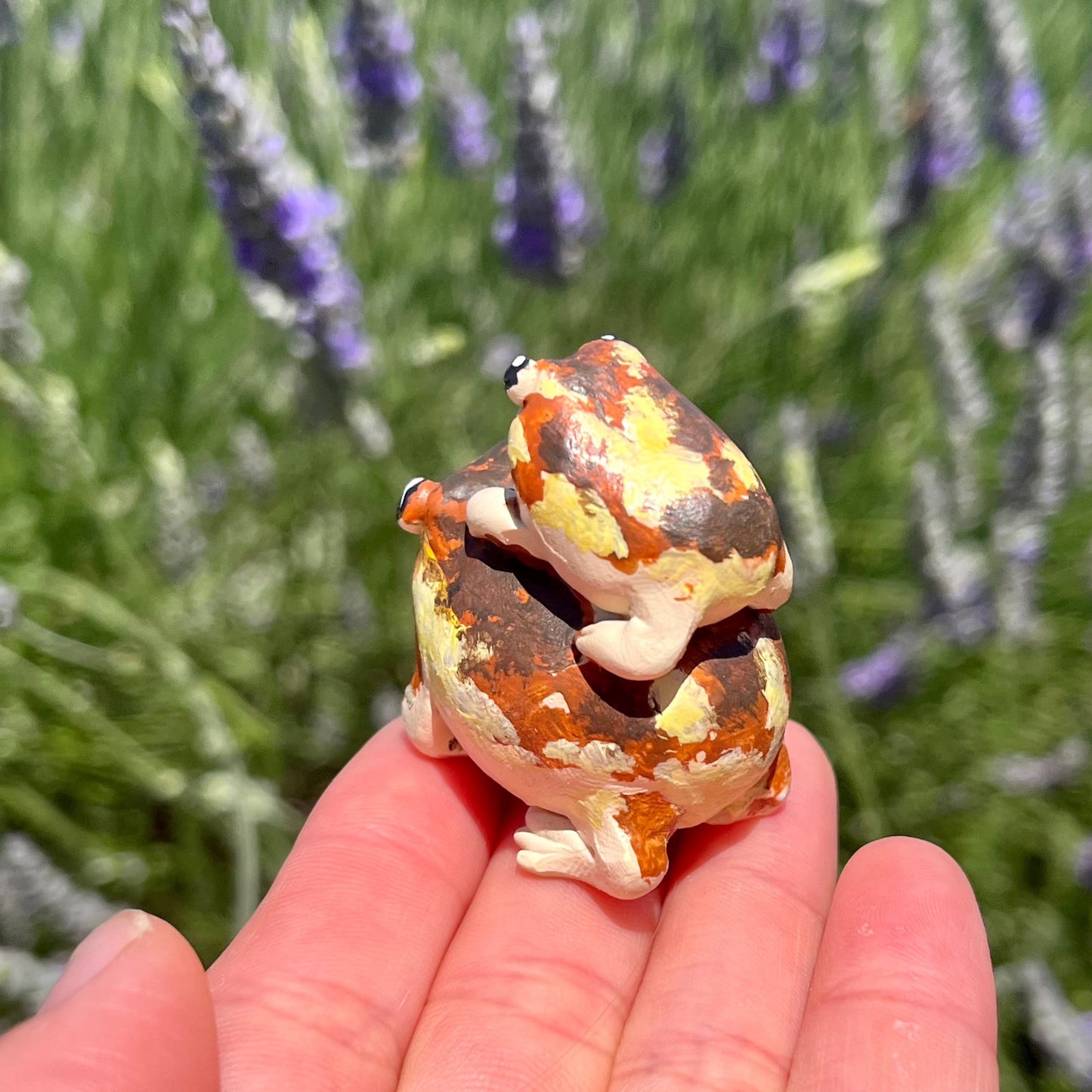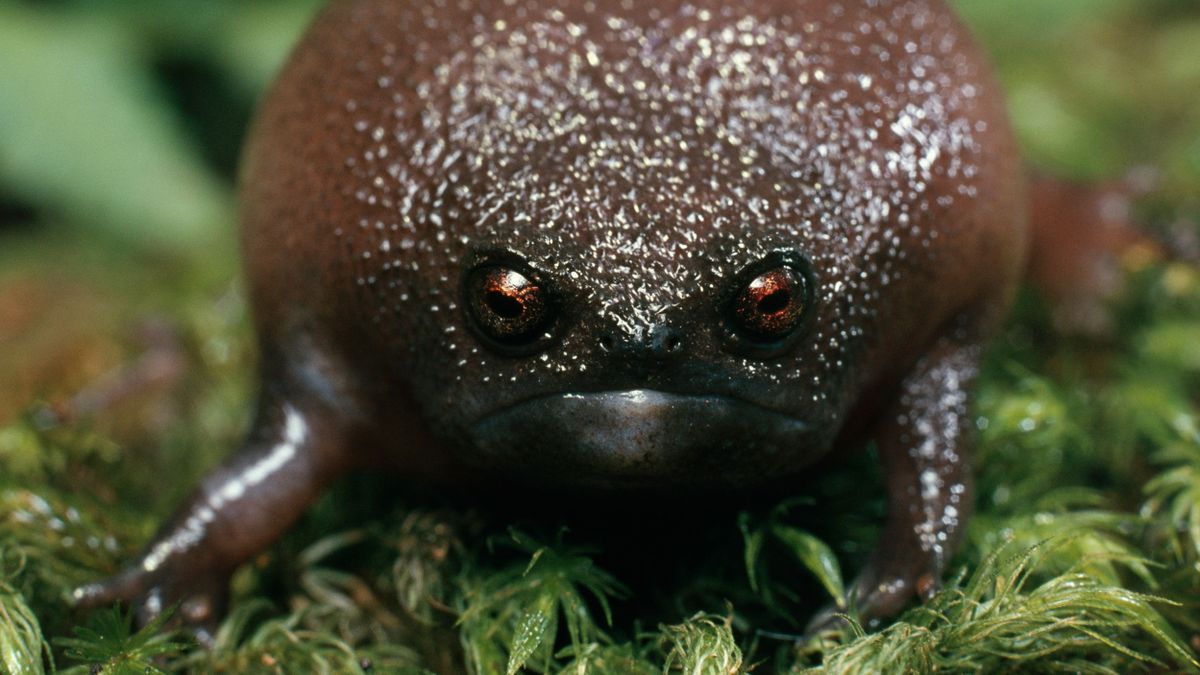Common Wellness Issues in Reptiles: Symptoms and Solutions
In the complex world of reptile care, recognizing the typical wellness problems that may impact these unique creatures is paramount in guaranteeing their well-being. Whether it's grappling with parasitic problems, navigating dehydration problems, or attending to skin ailments that manifest in subtle means, being attuned to the signs and equipped with the understanding of reliable services is important for any kind of reptile owner.
Breathing Infections
Breathing infections in reptiles can considerably impact their general wellness and require timely focus from seasoned veterinarians. In reptiles, breathing infections can be especially challenging to detect and deal with due to their one-of-a-kind makeup and physiology.
Treatment for breathing infections in reptiles normally includes a mix of helpful care, such as keeping appropriate humidity degrees and temperature slopes in the room, in addition to targeted medication to resolve the certain virus in charge of the infection. It is vital for reptile proprietors to check their pet dogs carefully for any kind of indications of respiratory distress and look for veterinary treatment at the earliest indicator of a concern. With timely treatment and proper therapy, numerous reptiles can recover fully from respiratory system infections and resume normal tasks.

Metabolic Bone Disease
What aspects add to the growth of Metabolic Bone Condition in reptiles?
Metabolic Bone Illness (MBD) in reptiles is largely triggered by an absence of correct calcium, phosphorus, and vitamin D3 levels in their diet. When reptiles do not receive ample calcium, either through their food or proper UVB exposure for vitamin D3 synthesis, they go to a high risk of establishing MBD. Reptiles with diets low in calcium or unbalanced calcium to phosphorus proportions are specifically susceptible. Additionally, insufficient direct exposure to UVB light protects against reptiles from synthesizing vitamin D3, which is vital for calcium absorption and bone wellness.
Not enough moisture degrees can also affect a reptile's ability to metabolize calcium successfully. Regular vet check-ups, proper husbandry methods, and a well balanced diet plan are vital to avoid Metabolic Bone Disease in reptiles.
Parasitic Problems
Parasitic infestations present a significant health and wellness risk to reptiles, influencing their overall wellness and requiring punctual vet attention. Reptiles can be influenced by different bloodsuckers, including mites, ticks, inner worms, and protozoa. These parasites can create a variety of signs, such as weight loss, sleepiness, skin irritability, diarrhea, and also fatality if left untreated.
One typical parasite found in reptiles is the mite, which can cause skin anxiety, irritation, and anemia. Ticks are an additional exterior bloodsucker that can send conditions and trigger pain to the reptile. Inner parasites like worms and protozoa can cause digestive issues, lack of nutrition, and compromise the reptile's immune system.
To identify a parasitic problem, a veterinarian may perform fecal examinations, skin scrapings, or blood examinations. Treatment typically entails deworming medicines, antiparasitic bathrooms, or in extreme situations, a hospital stay. Preventative measures such like this as normal vet examinations, correct health, and quarantine treatments for new reptiles can help decrease the threat of parasitical invasions and make certain the health of reptile pet dogs.
Dehydration and Hydration Issues
Dehydration in reptiles can significantly influence their health and wellness and health, necessitating timely intervention and appropriate hydration monitoring. Reptiles are vulnerable to dehydration because of numerous variables such as insufficient water intake, high ecological temperatures, and particular health conditions. Signs of dehydration in reptiles include sunken eyes, sleepiness, loss of skin elasticity, and minimized peeing. If left without treatment, dehydration can cause serious wellness problems and even be deadly to the reptile.
To stop dehydration, reptile owners need to make sure that their animals have access to tidy water in any way times. The water meal should be big sufficient for the reptile to saturate in if needed, particularly for species that soak up water through their skin. Furthermore, keeping proper moisture degrees in the reptile's enclosure and providing normal bathrooms can look what i found help stop dehydration.
In situations of dehydration, it is critical to seek veterinary care without delay. this post A vet may carry out fluids either orally or with shots to rehydrate the reptile. It is important to attend to the underlying reason of dehydration to avoid reappearance and make sure the reptile's total health.
Skin Ailments

Conclusion

Respiratory system infections in reptiles can substantially impact their overall wellness and require punctual attention from seasoned vets (rain frog for sale). Preventative measures such as routine vet examinations, correct health, and quarantine procedures for new reptiles can assist decrease the danger of parasitical invasions and make certain the health of reptile pets
If left untreated, dehydration can lead to severe wellness problems and also be fatal to the reptile.
Consistently evaluating your reptile for any kind of changes in skin color, look, or appearance can help in very early detection and treatment of skin conditions, promoting the total health and wellness of your scaly companion. - rain frog for sale
In verdict, reptiles are prone to various health and wellness concerns such as breathing infections, metabolic bone illness, parasitical infestations, dehydration, and skin ailments.